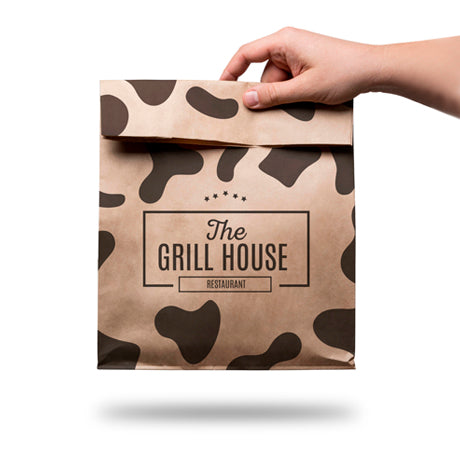The Rise of Disposable Food Containers Convenience vs. Sustainability
In today’s fast-paced world, disposable food containers have become a staple in our daily lives. From takeout meals to packed lunches, these containers provide unmatched convenience that caters to our busy schedules. However, while they serve a practical purpose, their environmental impact raises significant concerns that need addressing.
Disposable food containers are designed for one-time use, making them highly convenient for consumers. They come in various materials, including plastic, Styrofoam, and biodegradable options. Their lightweight nature and stackable design make them easy to transport, which is particularly beneficial for restaurants and food delivery services. Additionally, they require no cleanup, allowing people to enjoy their meals without the hassle of washing dishes.
Despite their convenience, the widespread use of disposable food containers contributes significantly to environmental pollution. A large percentage of these containers are made from plastic, which can take hundreds of years to decompose. As a result, they contribute to the growing problems of landfill waste and ocean pollution. Estimates suggest that millions of tons of plastic end up in the oceans every year, posing a threat to marine life and ecosystems.
disposable food containers

To combat these issues, several innovative solutions are emerging. Many companies are shifting towards more sustainable options, such as biodegradable containers made from plant-based materials. These alternatives break down more easily in natural environments and are less harmful than traditional plastic. Additionally, some restaurants are adopting reusable container programs, encouraging customers to bring their own containers for takeout orders.
Moreover, public awareness campaigns play a vital role in promoting responsible consumption. Educating consumers about the environmental impact of disposable food containers can encourage them to make more sustainable choices. Simple actions, such as opting for reusable containers or choosing establishments that prioritize sustainability, can contribute to a significant reduction in waste.
In conclusion, while disposable food containers offer undeniable convenience in our modern lives, their environmental implications cannot be overlooked. As we navigate the balance between convenience and sustainability, it is crucial to explore and support alternatives that mitigate environmental harm. By making informed decisions and embracing innovative solutions, we can work towards a future where convenience and environmental responsibility coexist harmoniously. The next time you reach for a disposable container, consider the impact of your choice and the steps you can take to contribute to a more sustainable world.



